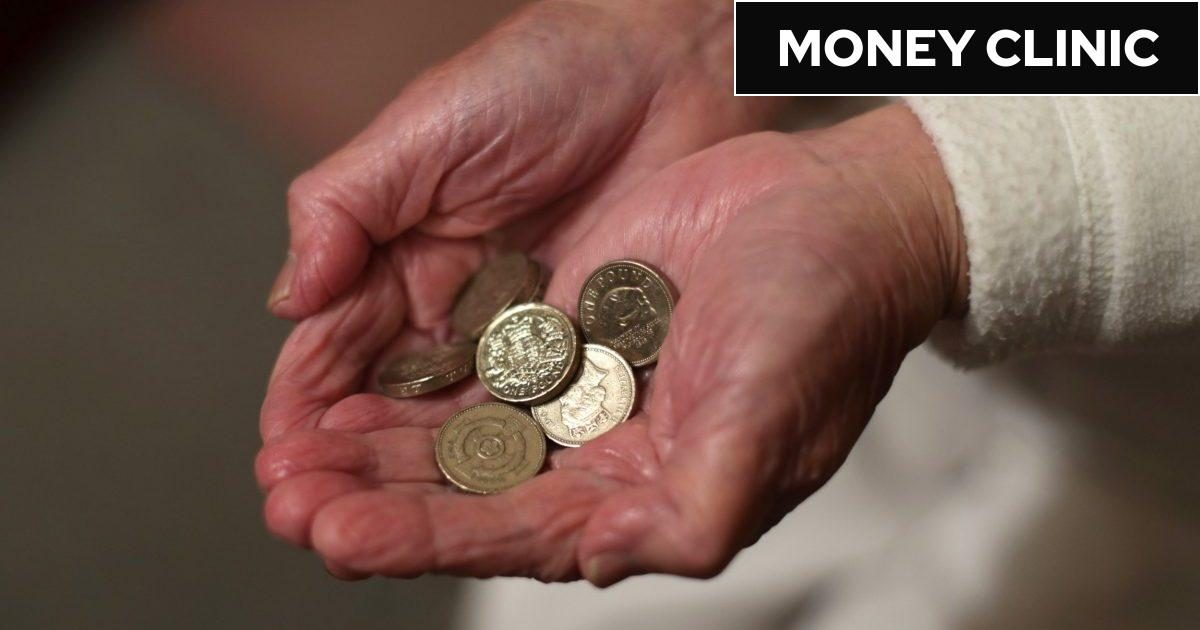Increasing your savings can mean you get less in Pension Credit – or none at all
In our weekly series, readers can email in with any question about retirement and pension savings to be answered by our expert, Tom Selby, director of public policy at investment platform AJ Bell. There is nothing he does not know about pensions. If you have a question for him, email us at money@inews.co.uk.
Question: I read your column about pension credit last week and had a related question on my other assets. If I choose to downsize and thus free up a sizeable chunk of cash in the process, will that affect my pension credit entitlement?
Answer: In short, yes. As I explained in my previous column, pension credit is a benefit aimed at boosting the incomes of the lowest-income pensioners.
As a reminder, to qualify for pension credit , you must be aged 66 or older (i.e. have reached state pension age); live in England, Scotland or Wales; have eligible income/savings below the pension credit threshold; and meet residency and immigration requirements.
If you are in a couple, you must apply for pension credit jointly, and both incomes are assessed together. In 2025/26, pension credit could top your weekly income up to £227.10 if you are single or £346.60 if you are in a couple if your total income is below this level.
When being assessed for pension credit , the Government will consider any earned income you receive, your state pension entitlement, any private pension entitlements you have, and most other benefits.
Any savings you have over £10,000 will also be taken into account, with £1 added to your income for every £500 above this level.
The value of your property will not be considered as part of your pension credit application but if you choose to downsize and your savings rise as a result, this could affect your eligibility. This is probably easiest to demonstrate through a simple example.
Take someone who is single and has a state pension entitlement of £220 per week. They have no other assets or income, so in 2025/26 would qualify for a weekly pension credit top-up of £7.10.
If, however, they downsized and had £30,000 in the bank as a result, this would increase their income for the purposes of the pension credit evaluation by £1 per week for every £500 above £10,000. This would thus increase their assessed weekly income level by £40, taking their total income to £260 per week, meaning they no longer qualify for pension credit .
Can I gift the money to retain my pension credit entitlement?
A natural question to ask for those who have an income below the pension credit threshold with other assets that push them above the threshold would be whether they can deplete those assets in order to maintain their entitlement.
If you are considering doing this, you need to be wary of falling foul of strict deliberate deprivation rules enforced by the Department for Work and Pensions (DWP).
If you deliberately reduce your assets to qualify for or increase your pension credit entitlement – such as gifting money to a loved one – the DWP can treat you as if you still have those assets. For deliberate deprivation to apply, the DWP must determine that ALL of the following apply:
There must have been a real reduction in your assets (e.g. giving away cash);
The purpose of doing so was to gain or increase your pension credit entitlement;
You must have expected or should have expected that you’d need pension credit when you disposed of the assets.
In deliberate deprivation cases, the burden of proof in relation to meeting the above conditions rests with the DWP, not the claimant.
Any reasonable explanations for depleting assets, such as gifting as part of routine patterns or to help a child by a home, must be considered. Valid explanations for depleting assets include gifting aligned with past behaviour, charity donations or repayment of debts.
The key factor in any decision will be the intent of the decision, so keeping clear records of any financial decisions you make is really important.

